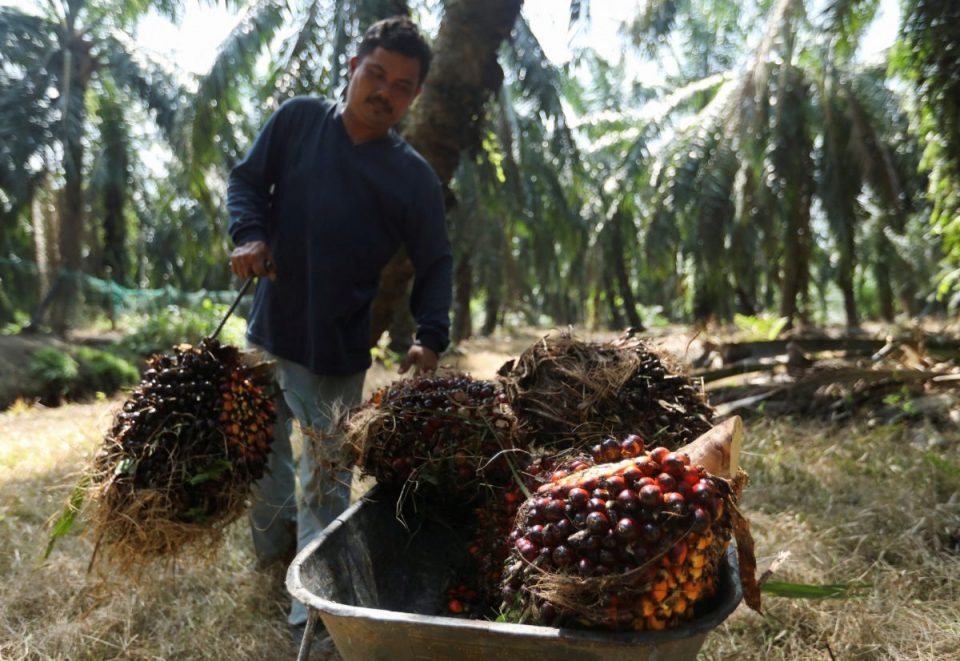KUALA LUMPUR, Feb 23 —The implementation of the European Union Deforestation Regulation (EUDR) by the European Union (EU) will increase the production cost of Malaysia’s commodity-based products as well as affect their competitiveness, said Deputy Prime Minister Datuk Seri Fadillah Yusof.
Fadillah, who is also Minister of Plantation and Commodities, said the ministry viewed the EUDR as a form of non-tariff measure for Malaysia’s agri-commodity products. The scope of the EUDR implementation covers the country’s major commodities like palm and related products, rubber, cocoa, and wood-based products.
“Commodities products imported into the EU must be free of deforestation activities that occurred after December 31, 2020, and managers or operators of these commodities products under the EUDR scope are required to prove that the products they produced are not linked to deforestation activities or forest degradation through a due diligence process involving traceability and geo-location.
“If the EU finds doubts in producing the commodities products, the operator must take action to divulge information on the supply chain and report the measures to avoid deforestation, and the EUDR implementation will certainly increase the cost of production of the nation’s commodity-based products,” he said during the oral question-and-answer session in Dewan Rakyat, today.
Fadillah was replying to a question from Kalabakan MP Datuk Andi Muhammad Suryady Bandy, on efforts being implemented by the Ministry of Plantation and Commodities to address the EUDR issue.
The EU is currently drafting the guidelines to fine-tune the details in the due diligence report implementation mechanism and benchmarking process, and these are expected to be issued latest by the third quarter of 2023.
“The benchmarking process is expected to classify producing countries into risk levels, whether high risk, low or moderate. This will impact the country’s overall image and indirectly increase the production cost of commodities products in the country and affect their competitiveness,” he explained.
In reply to a supplementary question, Fadillah said Malaysia together with 13 other commodity-producing countries including Brazil, Ghana and Indonesia have submitted an official objection letter to the EU Commission, which stressed the need for the EU to have engagements with the producing countries.
The supplementary question was on whether Malaysia would cooperate with other producing countries to form a strong cooperation bloc and stop the exports of commodities — palm oil, wood products, rubber, and cocoa, to the EU as a mark of protest and to explore new and more flexible markets.
He added that Malaysia has also brought up the EUDR issue to the Asean level through diplomatic relations with the regional agri-commodity producers and stressed Malaysia’s stand to move as one bloc to put pressure on the EUDR implementation, which is an unnecessary trade barrier created by the EU to protect their economy.
“Malaysia has held bilateral meetings with Indonesia on Feb 9 to discuss the EUDR implementation. Both countries agreed to jointly send a palm oil mission to the EU to criticise this implementation.
“The views and disappointments of both countries must be expressed face-to-face with the EU. Explanations must be presented to the EU on the negative effects of this regulation on smallholders. In this case, more appropriate approaches would be proposed to exempt certain conditions placed on smallholders in the value chain,” Fadillah said.
— Bernama





